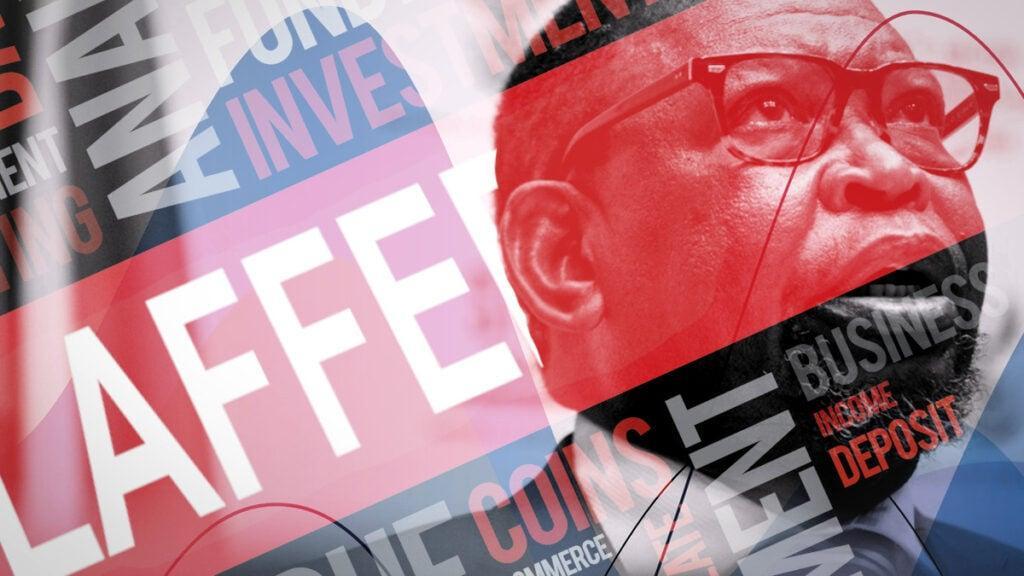Africa-Press – South-Africa. A 0.5 percentage point hike in VAT has an obvious negative impact on South African households, with everything from goods and services to essentials going up in price.
But new research suggests that the hikes, along with increases to excise duties on tobacco and alcohol, will cause longer-term damage to the economy, including killing jobs and reducing government revenue.
While taxes are fundamental in bringing in additional revenue to the state coffers, researchers at the National Agricultural Marketing Council (NAMC) laid out the economy-wide impact of the taxes over time.
Its economic modelling shows that not only will the VAT hike not bring in as much money as expected due to secondary effects on various industries, but over time, it will cause South Africa’s GDP to sink further as households and businesses become more constrained.
The first, and probably most obvious economic impact is that two 0.5% increases in VAT to 16% in 2026 will have regressive effects on consumers and households—especially lower-income South Africans.
The second impact is that the tax will carry an inflationary effect that will ultimately reduce household spending, taking GDP lower with it.
The NAMC estimated that this will cause real GDP to fall by 0.21%pts in the medium term due to lower demand and a 0.22%pt drop in household spending.
The third impact is that, despite the targeted increase in revenue from VAT collection, other forms of tax revenue collection will likely fall due to lower disposable income and second round effects on industries.
This in turn will lower Personal Income Tax and Corporate Income Tax collections.
“Taking into account these general equilibrium effects, an increase in the VAT rate to increase government revenue by R30 billion is foreseen to increase a net tax collection of only approximately R20 billion,” the group said.
Economic modelling shows that the VAT hike lead to contracions across various indicators. Source: NAMC
This puts many of South Africa’s industries at risk, and will lead to contractions in exports and employment, and most significantly, investment.
The NAMC said the industries most exposed to VAT and higher income expenditure elasticities are bound to be hardest hit.
These include vehicles, electronics, other household luxury consumables, real estate transactions subject to VAT, and the retail sector.
All of these sectors stand to lose out more over time.
Economic modelling shows that the VAT hike lead to contractions in key industries in South Africa. Source: NAMC
Sin taxed to heck
While the VAT hike’s impact is clear, it is not completely without its merits.
Even though the tax will likely only accrue 66% of its intended revenue target over the medium term, it will still rake in billions for the state.
However, the benefit of the increase in excise on alcohol and tobacco—so-called ‘sin taxes’—is less clear, with the NAMC noting the revenue collected does not line up with the long-term damage to the industry.
The 6.83% increase in excise duties on alcoholic beverages is expected to have ripple effects across the agricultural industry, especially the wine and brandy industry.
Overall, the NAMC estimates that the increase in excise will bring in an additional R1 billion in revenue.
The direct gain in excise duty revenue will be partly offset by losses in other taxes due to lower economic activity and disposable income.
“Our simulation suggests that for every R1 billion increase in excise duties collected due to higher tax rates, other tax revenue collected may fall by around R0.25 billion,” it said.
This will cause real GDP to decline by 0.01 relative to the baseline over the medium term as household consumption falls.
At an industry level, the excise duty increase could result in the beverage industry’s output or sales falling by over 0.3%.
Sales of specific subsectors such as wine and brandy are expected to be about 1.5% lower, it said.
This, in turn, could place up to R150 million in wage earnings at risk within the industry, along with potential indirect losses in the agricultural and retail sectors, it said.
The NAMC noted that the domestic alcohol beverage industry plays a huge role in economic development through its contribution to the country’s GDP.
It generates employment opportunities and foreign exchange earnings, and significant revenue for the state.
In 2022, the beverage industry contributed approximately 3.6%—about R226.3 billion—to South Africa’s GDP and 6.7%—R96.9 billion—in government tax revenue collection.
The industry as a whole employs approximately 500,000 people.
“The increase in excise duties on alcoholic beverages will have relatively minor macroeconomic effects but will significantly have a negative impact on the beverage industry,” it said.
Economic modelling shows that higher sin taxes will have a negative impact on household consuption, employment, investment and real GDP. Source: NAMC
For More News And Analysis About South-Africa Follow Africa-Press






